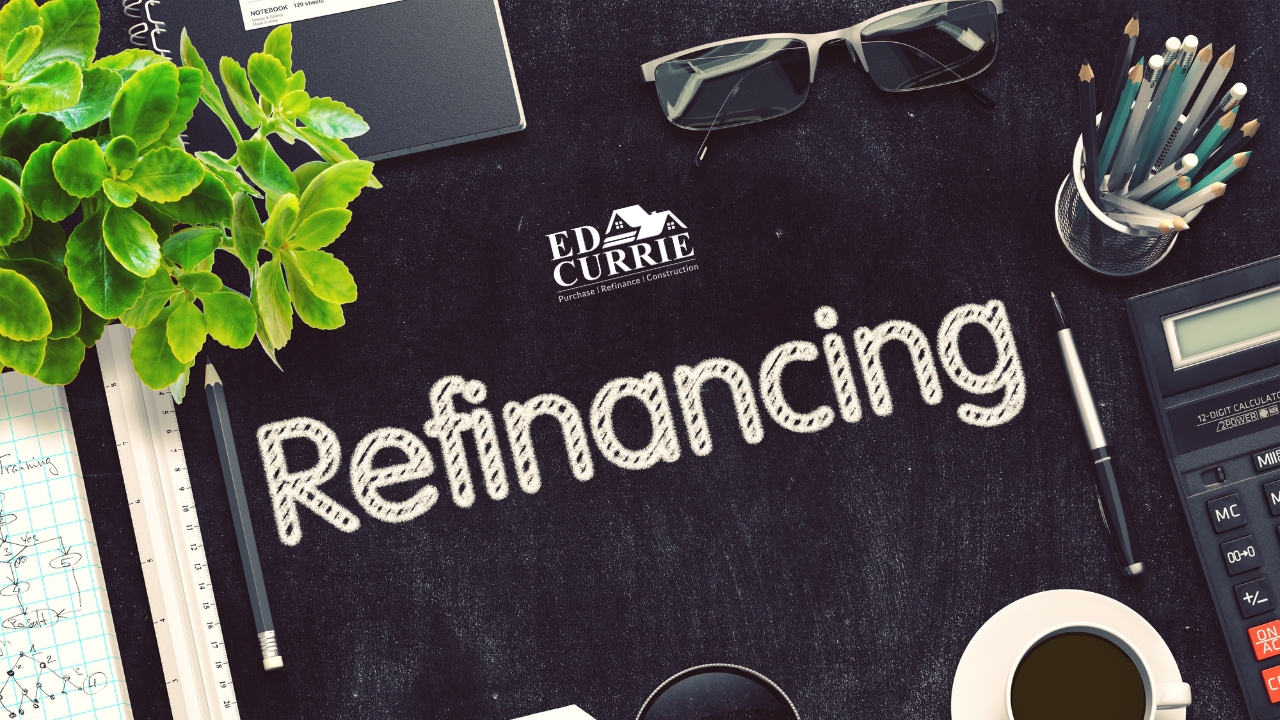Refinancing a mortgage can be a smart financial move for many homeowners. It can help lower monthly mortgage payments, reduce interest rates, and even help pay off a mortgage faster. However, refinancing is not always a cost-effective solution, and it’s important to understand the costs involved to make an informed decision.
In this blog, we will take an in-depth look at the costs associated with refinancing a mortgage. We’ll explore the various fees and expenses that come with refinancing, such as appraisal fees, origination fees, and closing costs. We’ll also discuss how to determine if refinancing is the right choice for you, based on your financial situation and goals.
Whether you’re considering refinancing to take advantage of lower interest rates or looking to tap into your home’s equity, understanding the costs involved is essential.
Common Fees and Expenses Associated with Refinancing
When refinancing a mortgage, there are several fees and expenses that homeowners may encounter. These costs can vary depending on the terms of the new mortgage. It’s important to be aware of these costs and to factor them into the decision about whether or not to refinance.
- Appraisal fees: Fees charged by a professional appraiser to evaluate the value of a home or property.
- Application fees: Fees charged by a lender to process a refinance application, which may include credit checks, underwriting, and administrative costs.
- Title search fees: Fees charged to verify ownership and the history of a property’s title. This is to ensure that there are no liens or claims against the property that could affect the transfer of ownership.
- Closing costs: Expenses related to the refinancing process, including attorney fees, loan origination fees, and other costs that are incurred during the closing of the new loan. These costs can vary widely depending on the lender and the terms of the new mortgage.
How to Determine If Refinancing Is the Right Choice
When deciding whether or not to refinance a mortgage, there are several factors that homeowners should consider. One of the most important is the current interest rate environment, as refinancing typically makes the most sense when interest rates are significantly lower than the rate on the current mortgage. Homeowners should also take into account the length of the new mortgage, as extending the loan term can result in lower monthly payments but may also increase the total cost of the mortgage over time. Other factors to consider may include the amount of equity in the home and the homeowner’s credit score and financial situation.
Additionally, homeowners should be aware of any prepayment penalties or fees associated with the existing mortgage. These costs can make refinancing more expensive and may reduce or eliminate the potential savings from a new mortgage. By carefully weighing these factors, homeowners can make an informed decision about whether or not to refinance and ensure that they can achieve their financial goals while minimizing costs and expenses.
Contact Us Today to Learn More About Refinancing Your Mortgage
If you’re a homeowner who is interested in exploring the possibility of refinancing, we encourage you to talk to one of our experienced agents. Our team can provide you with personalized advice and guidance to help you determine whether refinancing is the right option for your specific needs and goals. Contact us today to learn more and take the first step towards a better, more affordable mortgage.
For more tips and our latest updates, check us out on Facebook, Twitter, LinkedIn, or Pinterest!






